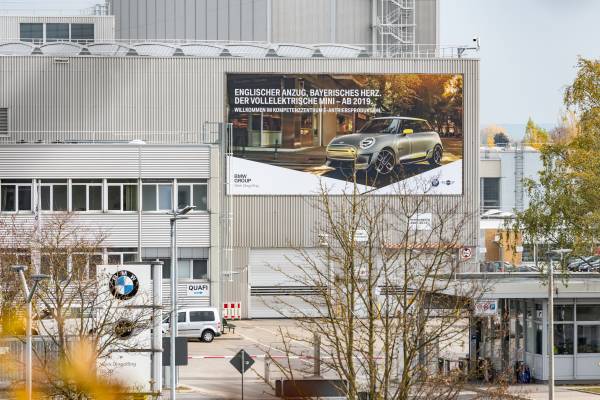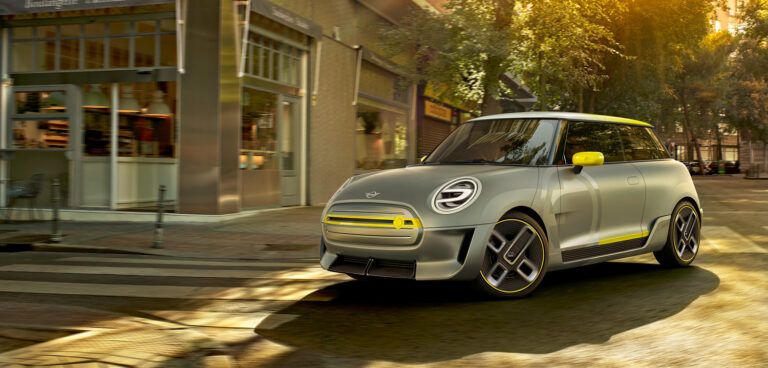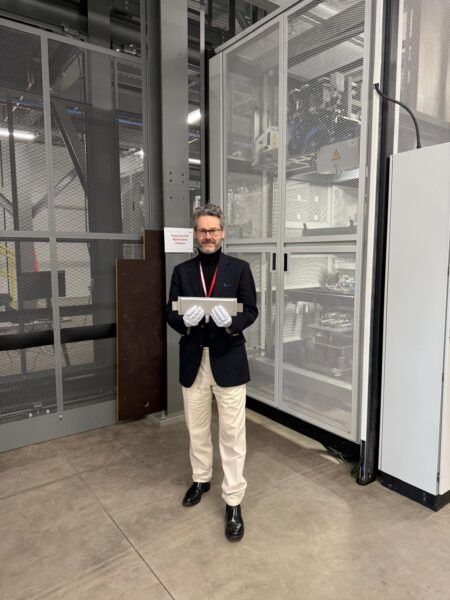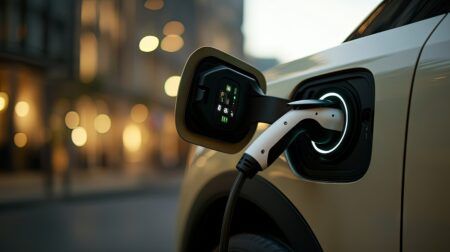BMW is increasing production of electric drivetrains by investing in extensive remodeling and expansion measures at BMW Group Plant Dingolfing. What the OEM calls “a mid-double-digit-million-euro amount” will be invested in structural measures and equipment to produce batteries for the all-electric Mini.
Covering an area of approximately 6,000m² (64,500ft2²) in the west wing of the Dingolfing component plant 02.20, equipment for manufacturing battery modules will be set up, along with a battery assembly line. The first systems are currently being installed and will be tested sequentially.
“With the launch of new models and growing demand for electrified vehicles, we will be stepping up production of electric components significantly over the next few months and years,” says Roland Maurer, head of planning and production, E-powertrain at the BMW Group.
The fully electric Mini will be built in Oxford, UK, beginning in late 2019. Batteries for the car will come from the new battery production facility in Dingolfing, with electric engines from the neighboring BMW Group Plant in Landshut.
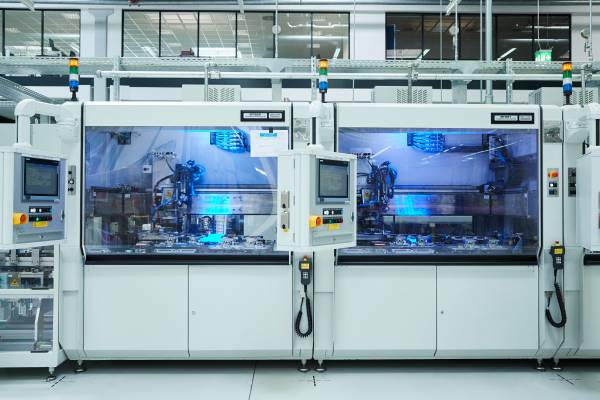
From 2020, the plant in Dingolfing will also produce fifth-generation electric drive systems for the BMW Group’s future electrified vehicles, such as the iX3, the i4 and the BMW iNext. Remodeling and preparatory measures for this production are already underway. In recognition of its growing importance and key role within the production network, the component plant 02.20 will now be renamed the “BMW Group Competence Centre e-drive production”.
Plant 02.20, one of the oldest sections of the Dingolfing plant cluster, has produced batteries and electric motors for BMW Group plug-in hybrid models since 2015. It was the headquarters of the BMW Group’s global spare-parts distribution for many decades. Parts distribution was gradually relocated to new warehouses in Wallersdorf and Bruckberg a few years ago.
